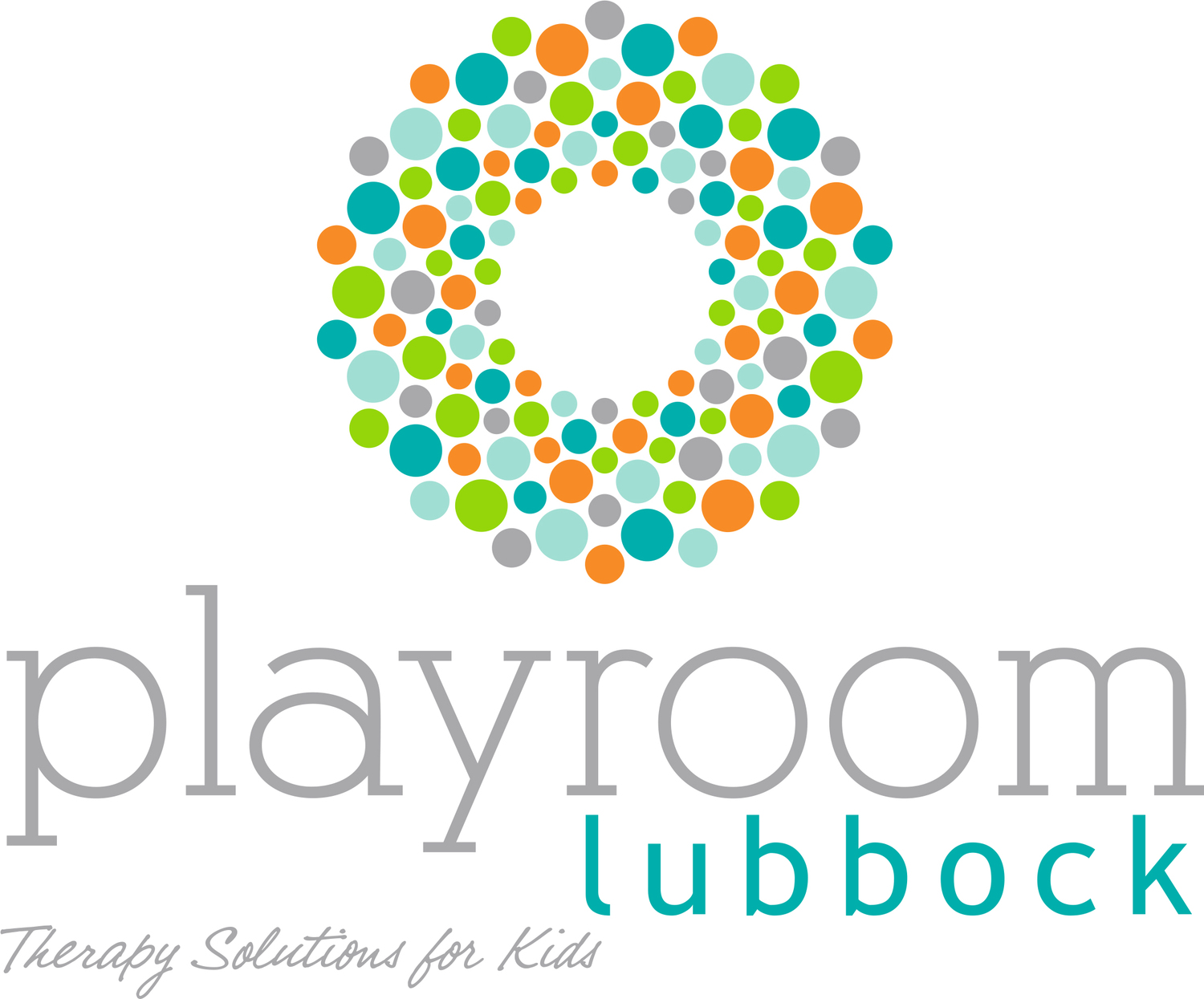Parents are a vital piece to the child's process in play therapy. Here at the Playroom Lubbock, the parents and and counselor work alongside each other during the course of treatment. I usually tell parents when I first meet with them that when they sign their child up for play therapy, to buckle up and be a part of the ride. Vulnerability and personal growth for the parents is just as important to the child's therapy process as is the child's play "work" in the therapy playroom.
One of my favorite authors and speakers, Bob Goff, provided this anecdote. One of his favorite things about visiting England was the red double decker buses. When he first saw one he was so excited that he took a picture of it. (See picture). He was so close to it he lost sight of what it really was. Sometimes we need to back up our perspective so that we can see the whole picture. This is what the process is like for parents. I walk along side them in this process, backing up to see the whole picture, gaining insight, adjusting perspectives.
To help ease your concerns or perhaps fears of your role in the process, I will outline below how we involve parents.
1. Initial parent consultation session. This is the very first session with the counselor, but without the child. It lasts 45 minutes. We will discuss history, concerns, and what progress you would like to see made with your child. The counselor will also explain the therapy process as well as practice policies and your privacy.
2. Follow up parent consultation session. These typically occur after every 3 child sessions. During the parent consultation meetings you, the parent, will have the opportunity to discuss changes, progress, and concerns. The counselor will cover these 4 topics: Positives, Themes, Goals, and Strategies
Positives: Positive feedback regarding your child's behavior, emotions, or progress of therapy.
Themes: The counselor will loosely discuss play themes that have been observed over the last few sessions. Play themes are dominant or recurring themes within a child's play. The counselor takes in a child's feelings during play, intensity of play, the child's level of including the counselor, a child's level of connectedness, self control, problem solving capabilities, etc. As discussed in the initial Parent Consultation and in your Informed Consent forms, parents are reminded of the value of the therapeutic relationship and the trust that develops between the child and counselor. The counselor will only talk about a child's play to parents in vague terms, not giving many details or specifics. The counselors ask that parents trust that the counselor will communicate to them any "red flags" or concerns that she has regarding the child.
Goals: Based upon parent/school feedback, parents concerns, counselor’s insight, observations, and experiences in the playroom, and the play therapy process, the counselor and parent co create goals and areas that may need additional support in their child’s growth. Goals will be based upon the child’s individual developmental capacities and needs underlying their behaviors. Behaviors are symptoms and clues inside a child’s body, brain, and nervous system.
Strategies: We will discuss strategies for you to use at home to facilitate and support the goals. These strategies may be in the form of suggesting a book to read or may be more direct suggestions of ways of responding or interacting with your child.
3. At times the counselor may send a Parent Feedback form through our client portal. The Parent Report Form gives the parent the opportunity to rate the stress level, rate the overall progress level, state what changes have occurred in the child's life, and voice concerns or questions the parent still has.
4. Sometimes the intervention that is needed to support a child is family therapy or child parent relationship therapy which is a play based approach. These options can be discussed and explained and prepped for during the parent consultation sessions.
We value the parent child relationship and fully acknowledge that the parent is more of an expert regarding his child than the counselor. First and foremost the counselor wants to communicate to both the parent and the child: I am here. I hear you. I understand. I care. Relationship is the vehicle for change. By partnering with parents in considering the whole child and the whole picture, we are hopeful for progress, relief (for both parent and child), and healing that is supported by connection.


